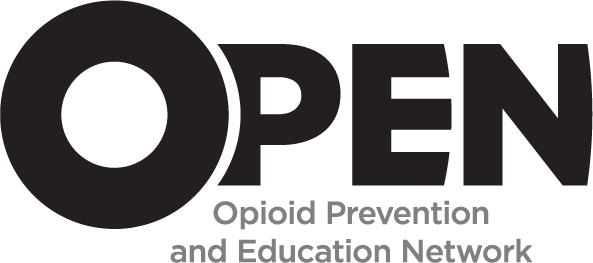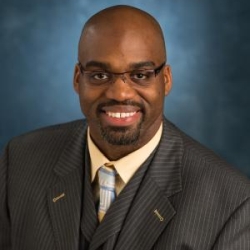Larry Charleston IV, M.D., M.Sc., FAHS is Director of the Headache Division, Director of Faculty Development and Professor of Neurology in Michigan State University’s Department of Neurology and Ophthalmology. He is also Adjunct faculty at the Jefferson Headache Center. He is board certified in Neurology and Headache Medicine. He is a fellow of the American Headache Society (AHS), founder of Charleston Health Neurology & Head Pain Consultants and Co-founder of Charleston International in partnership with the Amway Corporation and Leadership Team Development. Dr. Charleston is both a National Institute of Minority Health and Health Disparities’ Research Institute Scholar and a University of Michigan Road Scholar. Dr. Charleston earned his Doctor of Medicine from Wayne State University School of Medicine, completed his Preliminary Medicine Year at St. John Hospital and Health System in Detroit, Michigan, neurology residency at Baylor College of Medicine in Houston, Texas, Headache and Facial Pain Fellowship at the Jefferson Headache Center of Thomas Jefferson University, and he received his Master's degree from the University of Michigan in the National Clinical Scholars' based Health and Health Services Research Master’s Program . He was the 2010-2011 American Academy of Neurology (AAN) Professional Association’s Policy Fellow. He was selected to the inaugural class of Emerging Leaders of the AHS and completed the AAN Diversity Leadership Program. Dr. Charleston has chaired or served on various national, regional, community, and institutional committees/sections within the AHS, AAN, and Michigan Medicine over the last decade. He has contributed to works within the National Headache Foundation. His clinical and academic interests include providing excellent and exemplary care for patients with head and facial pain disorders, headache/headache care disparities research, mixed methods and health services research, headache and facial pain education, procedures in headache medicine, leadership as well as health policy.
Opioid medications are commonly overprescribed and over-used by patients with migraine disorders. Approximately 34% of patients with chronic migraine are prescribed an opioid analgesic compared to ~11% of patients with episodic migraine. Opioids are less effective than non-opioid medications in treating migraine and guidelines have consistently recommended against their use for either acute or chronic migraine pain. Nonetheless, we found that in US ambulatory settings nearly as many patients receive prescriptions for opioids as receive high level guideline-recommended medications for acute migraine pain. Similar patterns are seen in emergency department (ED) settings. Treatment with opioids in migraine patients is associated with more severe headache-related disability, comorbidities such as depression, anxiety, and cardiovascular disease, a greater need to see health care providers and a high risk for medication overuse headache. Analgesic overuse predisposes users to the progression from episodic migraine to chronic, the emergence of medication overuse headache, and may be responsible for prolonged associated symptoms in headache disorders. The prescription use of opioids in this setting contributes to the increase in opioid-related mortality.
Research Focus
Headache and headache care disparities research including in migraine, mixed methods and health services research, headache and facial pain education, development of patient-centered interventions, procedures in headache medicine, leadership, non-pharmacological modalities for migraine treatment, health policy and advocacy.




